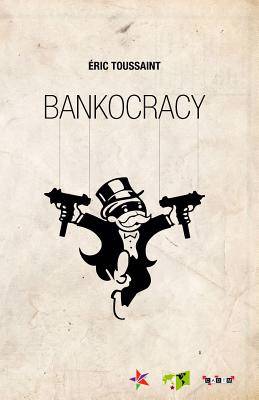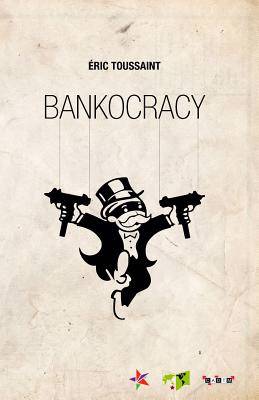
Bedankt voor het vertrouwen het afgelopen jaar! Om jou te bedanken bieden we GRATIS verzending (in België) aan op alles gedurende de hele maand januari.
- Afhalen na 1 uur in een winkel met voorraad
- In januari gratis thuislevering in België
- Ruim aanbod met 7 miljoen producten
Bedankt voor het vertrouwen het afgelopen jaar! Om jou te bedanken bieden we GRATIS verzending (in België) aan op alles gedurende de hele maand januari.
- Afhalen na 1 uur in een winkel met voorraad
- In januari gratis thuislevering in België
- Ruim aanbod met 7 miljoen producten
Zoeken
Omschrijving
Governments of the most industrialised countries have dramatically increased their public debt to bail out the private banks after the most disastrous economic and financial meltdown in capitalist history since the 1930s. Paying debts and reducing fiscal deficits have become the perfect pretexts to enforce austerity measures everywhere. The Troika (European Commission, ECB and IMF) and all EU governments have launched an unprecedented attack on people's social and economic rights. This book will enable the reader to understand how the crisis developed: the consequences of deregulating the banking system, the logic underpinning private banks' responses, and the crimes they perpetrate on a daily basis with the collusion of governments and central banks. It argues for socialisation, rather than 'nationalisation', of the banking sector so that it becomes a proper public service under citizen control and monitoring. It argues for the cancellation of illegitimate public debt that largely results from bank bail-outs. It uses simple straightforward language to make it possible for anyone to understand the current crisis and see coherent alternatives to the current policies.
Specificaties
Betrokkenen
- Auteur(s):
- Uitgeverij:
Inhoud
- Aantal bladzijden:
- 336
- Taal:
- Engels
Eigenschappen
- Productcode (EAN):
- 9780902869370
- Verschijningsdatum:
- 2/11/2015
- Uitvoering:
- Paperback
- Formaat:
- Trade paperback (VS)
- Afmetingen:
- 140 mm x 216 mm
- Gewicht:
- 426 g

Alleen bij Standaard Boekhandel
+ 56 punten op je klantenkaart van Standaard Boekhandel
Beoordelingen
We publiceren alleen reviews die voldoen aan de voorwaarden voor reviews. Bekijk onze voorwaarden voor reviews.









